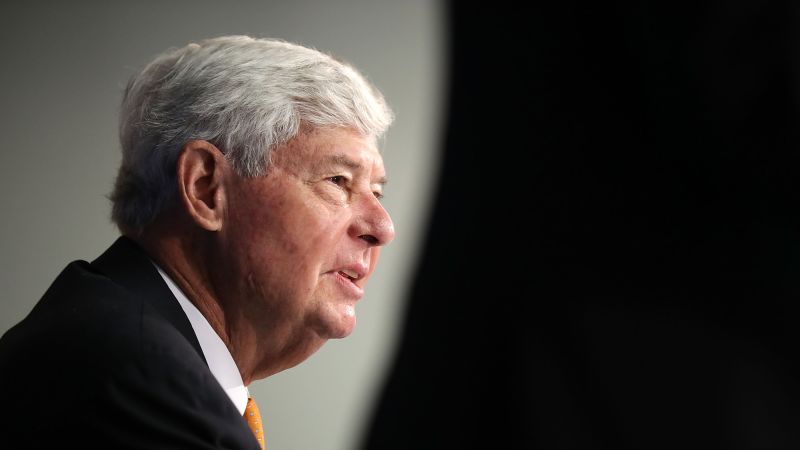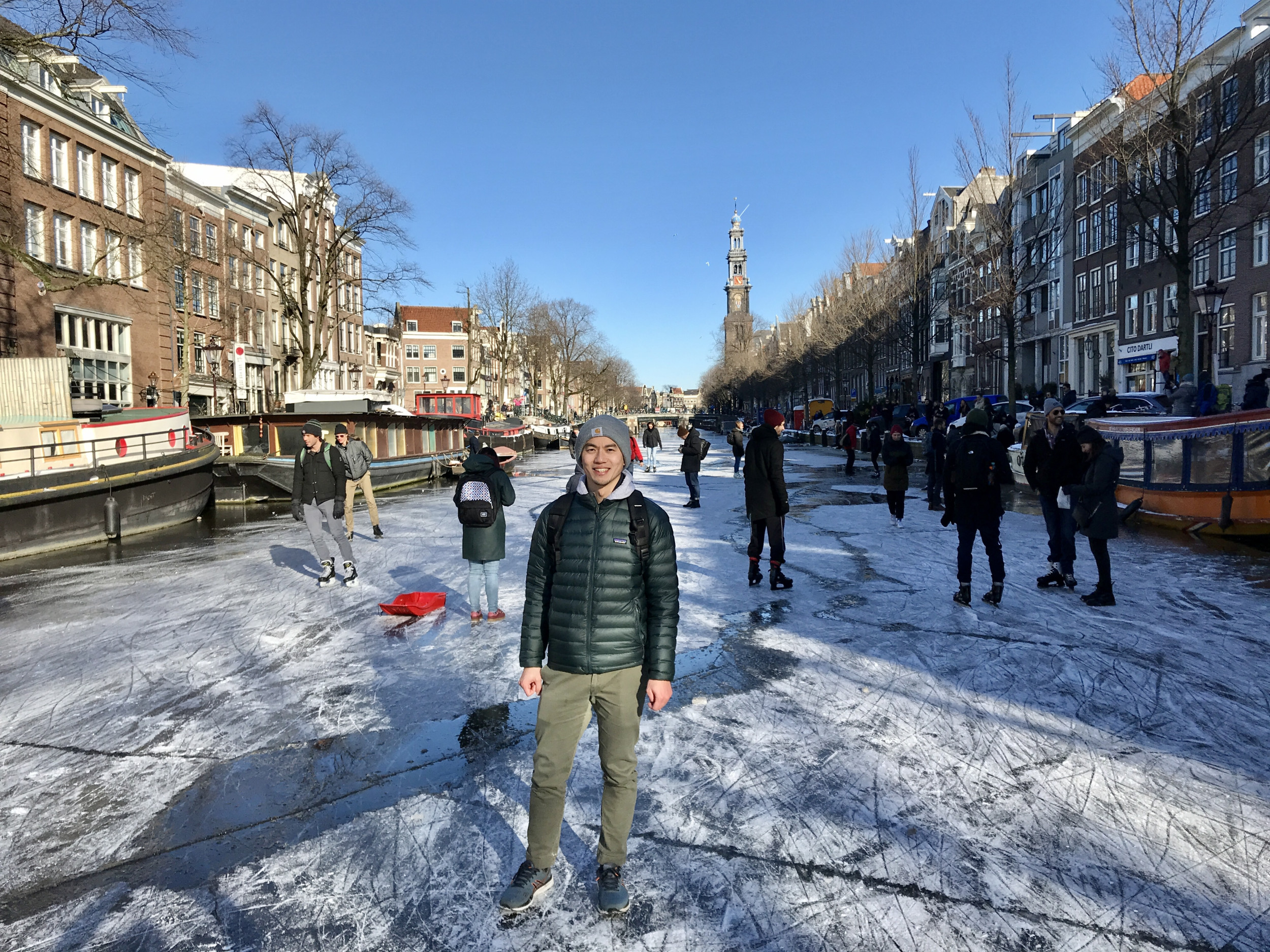I see people get worked up over the most trivial things.
I always wonder whether they ever discovered a purpose of living, whether they got to know themselves. The scariest thing can be sitting alone with our own psyche, our own mind.
I had a roommate who counted the rolls of toilet paper to ensure we were each using our fair share. I’ve had minor fender benders twice where I told the other driver not to worry about it (and I think that good karma helped me in a different accident that was my fault). I’ve had staff addicted to drama over things that had no bearing on who they are or what they do.
Sometimes it can be the wrong word or a slight glance that gets someone going. Manhood becomes looking a part. We are overly sensitive to titles and pronouns. All just words. Even humor, which has been an ingrained coping mechanism and equalizer for all of humanity, gets misinterpreted, sometimes on purpose.
It all serves to cheapen the human existence.
One thing I miss from the old days is more solidarity. There was less need to act out in public. There was more social glue and less economic adversity. There were real neighborhood stores and people walked more places. Unions were strong and there was pride in making and buying things local.
Church was the place to check in three times a week (yes, three times) to consider your own soul and what that means for others in life. It wasn’t to mark off another check on the road to heaven, but to actually do good works and good deeds with those around you.
Fast forward to today, and I’m less about church and more about the journey.
Once, I was walking near a park and I saw a man who had been an associate pastor at the church we’ve been members of for several years. I went and sat on the bench next to him. He spent his last couple of years in this role and I’d gotten to know him for his lessons and for seeing him and his lovely wife walking around the community.
I told him we hadn’t been going to the church for a bit, mostly because the kids were growing and we got to where we liked our Sunday mornings at home. We had a bit more conversation, and I mentioned one thing I struggled with was my attending services with people who were at peace together on Sunday, and then out to destroy each other via lobbying and policies on Monday.
He said something that has stuck with me.
“I understand what you are saying and feeling, and that is why Sunday is the most segregated time of our nation, whether by color, belief, affiliation, and so on. You don’t want to follow that path. What you want to do is remain in a place where you can try to make a difference. A magnificent church will have saints and sinners together, and a good minister will work to comfort the afflicted and afflict the comforted. You are right where you need to be.”
Powerful.
Not trivial.

I want to take a moment to mention Bob Graham, one of the last real statesmen that Florida politics has had. I did some volunteer work on his Senate campaign and met him and his lovely wife about three times during the 1992 Democratic Convention in New York. Living in the capital city, I met him on several more occasions. He had a nondescript townhouse about a mile away that he would be coming in or out of and I would be walking by or driving by and say hello. An interesting characteristic is that he always kept a notebook. I’m thinking my name is in his notes at least twice, because he pulled it out of a pocket to write my name down or something we might say in passing.
He was kind and actually quiet those few times we talked, I would almost say a bit introverted. He had a place for the common working man and was known for doing regular “day in the life” type activities to see what people did at their jobs. He was a thinker and really took exception to the leaders of the day that led us into endless Middle East war, the effects of which we are still dealing with. Actions speak louder than words and he was the last of a breed that valued public service for getting things done, and finding solutions over partisanship, a model which is desperately needed again.
By the time you read this, you will have experienced the eclipse. From the very beginning, man has been looking to the stars in wonder and for guidance. They did it enough to recognize certain patterns, shapes, events, and seasons.
When the pattern was off for something like an eclipse, there must’ve been some who were so intrigued, fascinated, maybe scared, that they puzzled on it for a lifetime, which led to more questions and more pursuits for answers. I often wonder how much man was thrust forward by events unrecorded in history.
Life is still as much about mystery as it ever has been. I hope you had time to view the eclipse. Anytime you get in a place of feeling unmoored, go out and look at the sky.
We’ve been doing it for eternity.

“People have to continue to believe that everything is possible when it is done with heart,”
—Josee Gagnon, founder of Canadian charity L’Avant
This is a beautiful story and we are so fortunate that Dune, Part Two is an epic film. Hollywood is thick in the habit of going to known materials and regurgitating what has been tried before. A good portion of it falls flat. This movie did not.
See it in the theatre. It is the type of film you want to experience on a big screen with a great soundtrack. That the director and some caring individuals went out of their way to make the film available for a dying fan speaks to the personal leadership that is essential to being a good human. There’s getting the film made, and then there’s connecting on another level.
Make it a point to fill your life with unseen and unknown opportunities of goodness.

This is a great little piece written from the heart. We can usually learn a lot about ourselves from outsiders' views or from traveling and experiencing other countries. At some point, each of us needs to ask ourselves what we want with our lives? What are we spending the most time doing, and is it making us healthier and happier? We are becoming accustomed to a lot of structural problems that we can collectively address, but it starts with each individual first.
SNIPPETS
When did being deeply educated become so political? It would appear there is not much diversity in assessing the availability of diverse classes in Texas schools.
The combination of great wealth and extreme maldistribution has left people in the South impoverished, underpaid, underserved and undereducated, with the shortest lifespans in all the United States. Southerners, both black and white, are less educated and less healthy than other Americans. They are more violent and more likely to die young.
While we in the South have many structural challenges to overcome, I encourage you to remember one thing:
Be the kind of person who wants the best for your neighbors or coworkers. If they are happy, be happy. If they are sad, be sad with them, or at least don’t glorify your happiness around them. Again, we could use some old-fashioned solidarity. Most structures in society today are the way they are because we quit looking out for each other. Whether you get it through church, family, or a walk in the woods, let your light shine.
|
Read · Learn · Grow Support The PorcupineThe Porcupine is supported by readers like you. Thank you.
Books by the Publisher
More Books by Daniel Parker
Top Picks for You
|













